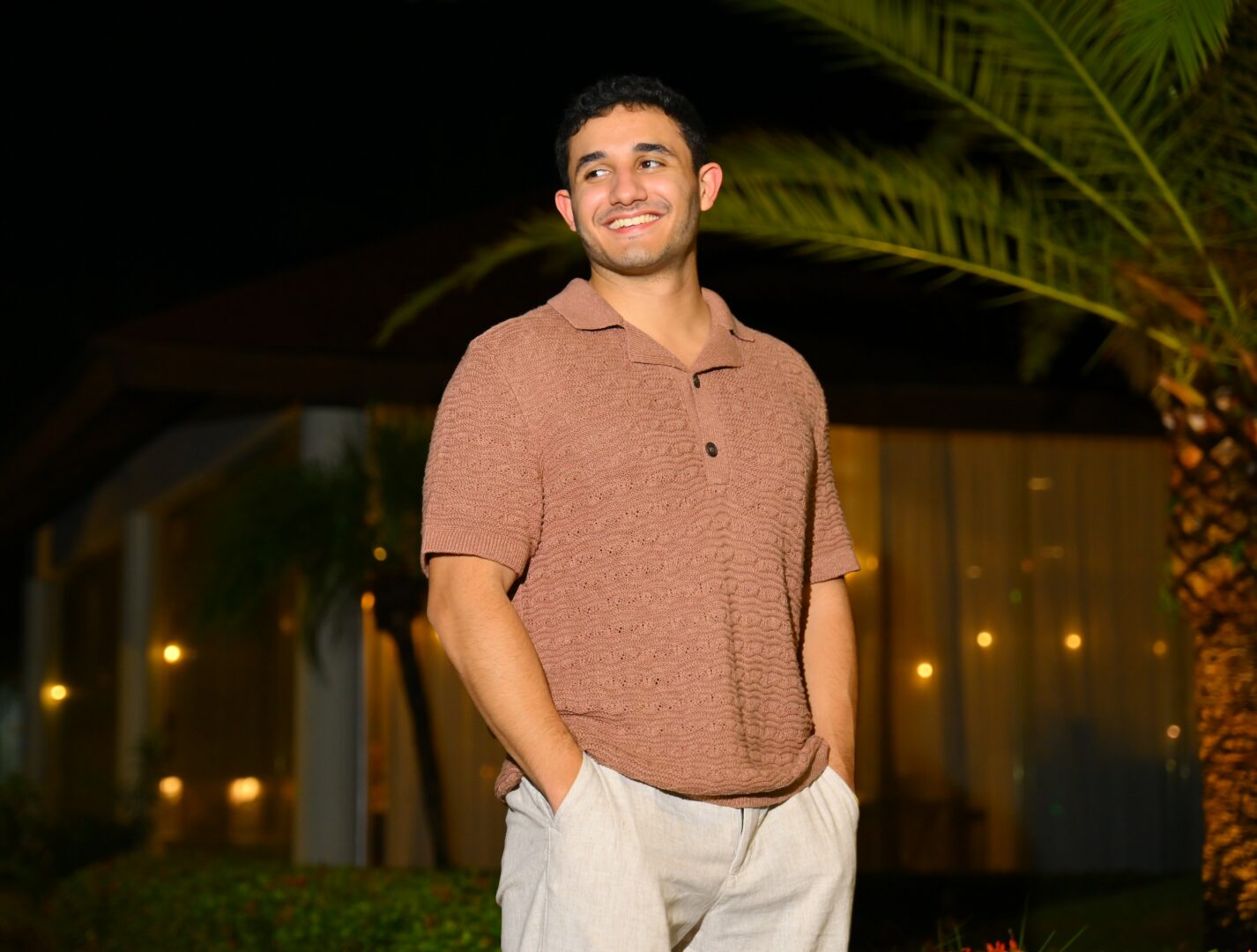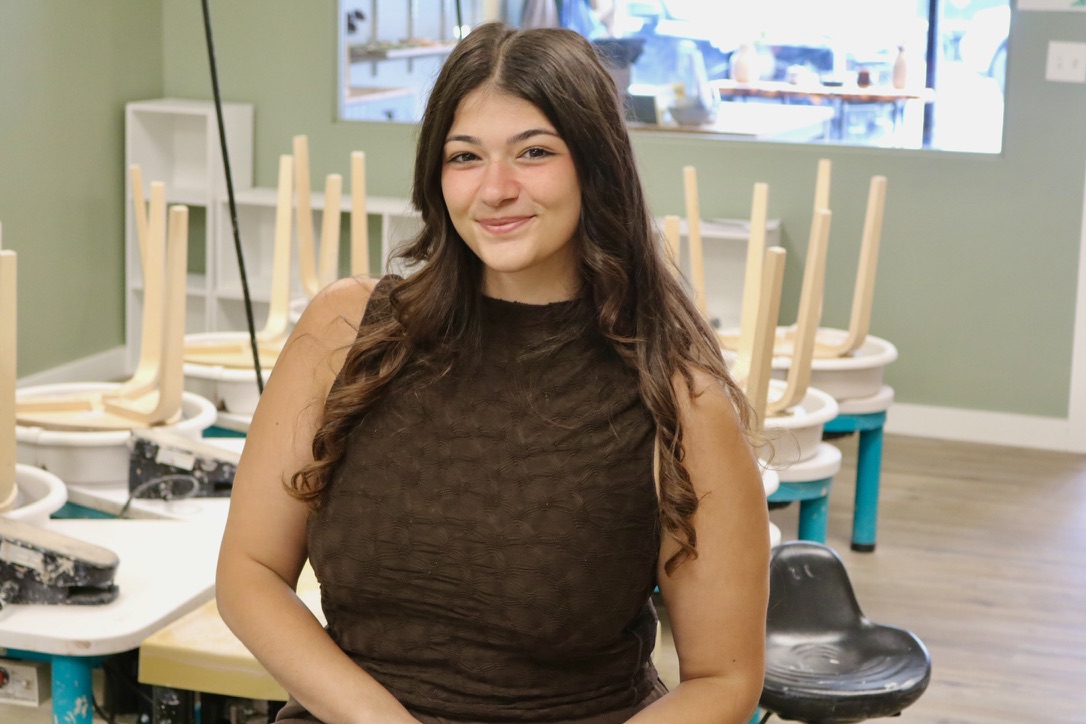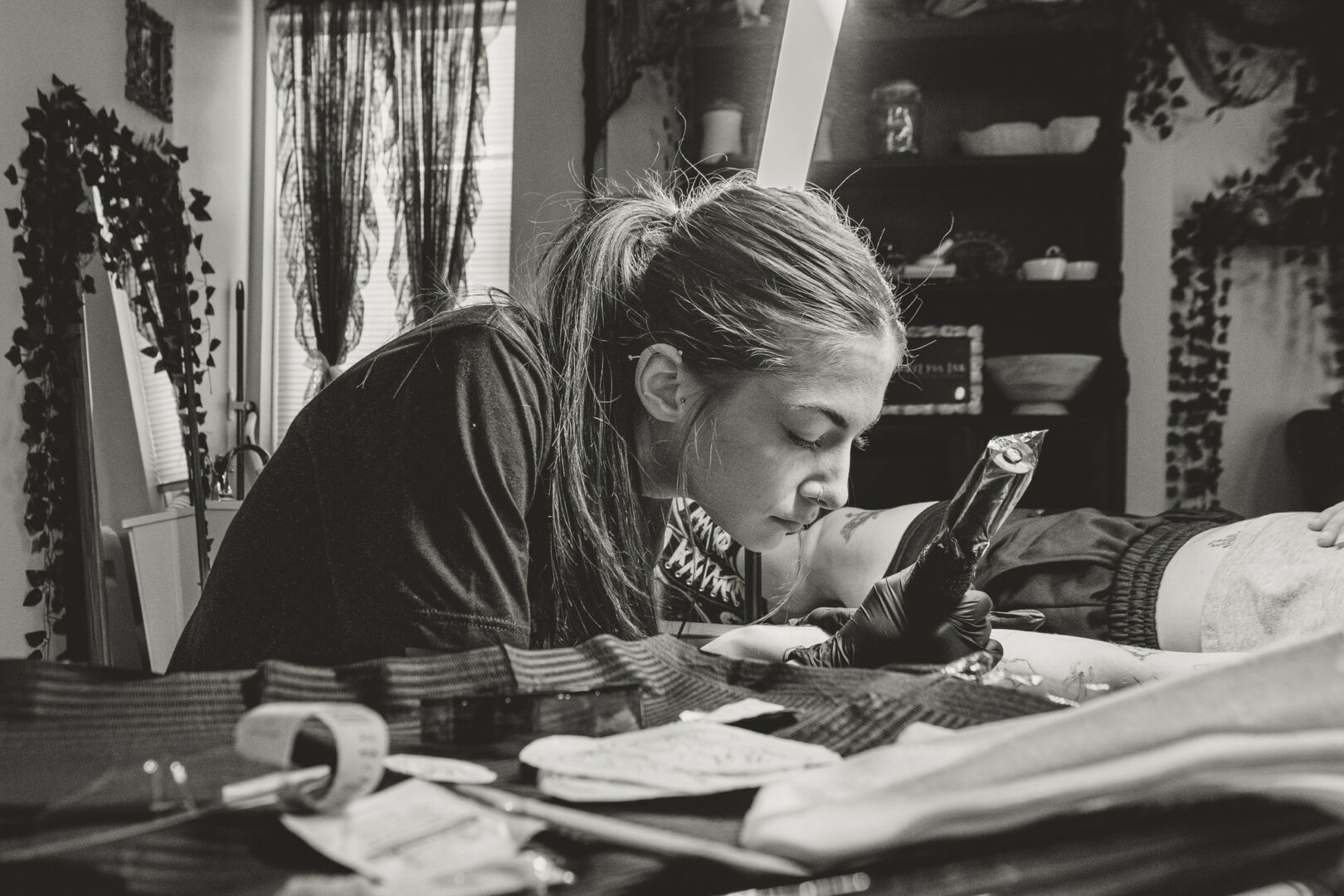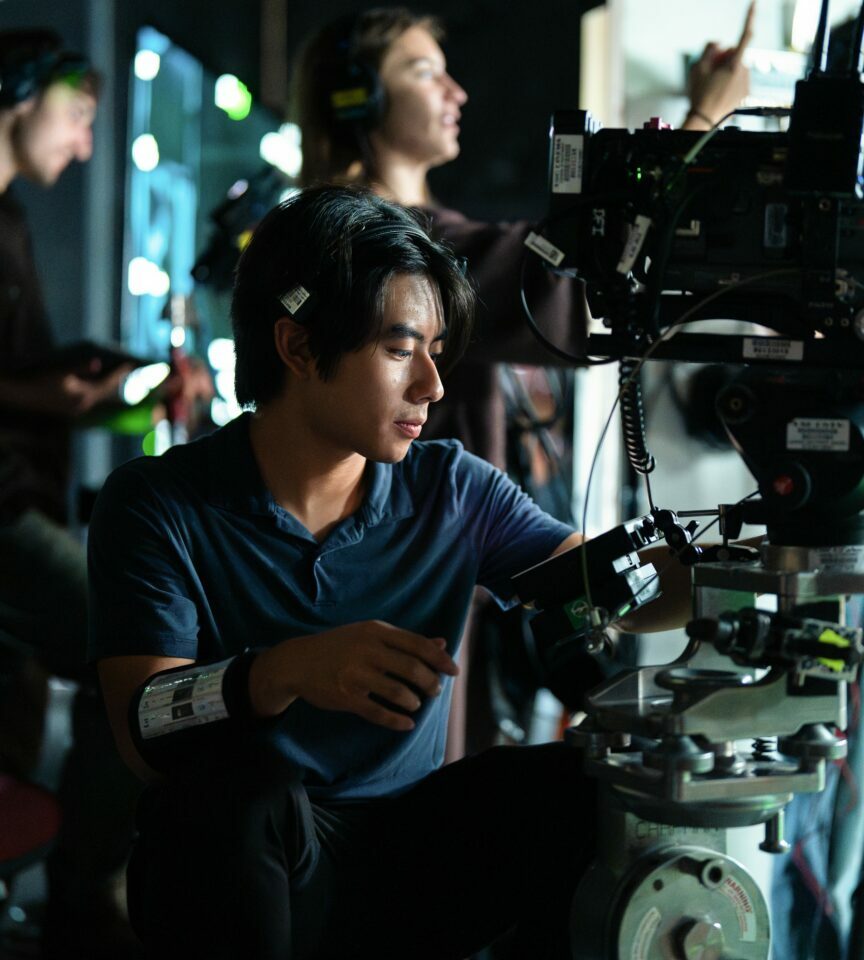We’re excited to introduce you to the always interesting and insightful Lucien Aleman. We hope you’ll enjoy our conversation with Lucien below.
Hi Lucien, thank you so much for opening up with us about some important, but sometimes personal topics. One that really matters to us is overcoming Imposter Syndrome because we’ve seen how so many people are held back in life because of this and so we’d really appreciate hearing about how you overcame Imposter Syndrome.
How did I overcome imposter syndrome? Like many other people, especially those working in creative spaces, I don’t believe I have fully overcome it…and am not sure I want to. Hear me out…
When I was younger, I always gravitated toward creativity. However, my affinity for it seemed more like a leisurely interest (despite encouragement from my family). In high school, whether it was playing piano, taking electives like Photography or Intro to Guitar, or sketching in my notebooks to distract myself from whatever we were learning in AP US History, I had always held on to those creative hobbies. But that’s all they were: hobbies. Then college came. One chemistry class, a change of major, a year and a half in architecture, and another change of major later, I realized I had no idea what I wanted to do.
I was 21 years old, in the fall of 2021, living back home in the Boston area with a communications degree not knowing where I was going or what I was doing with my life. When my aunt and uncle, who work in the television/film industry, called to ask me to come to New York to work as a production assistant on a television show, I had no other answer but “Yes!” On my first weekend in the city, I was lucky enough to meet director Jeremy Max through a mutual friend. Soon after, he asked me to be the art director for, “Dream Girl,” our first short film. I was thrown into this world with no training or background (I didn’t even know what an art director was) and was forced to trust whatever instincts I may or may not have had; a true trial by fire.
Now, it’s 2025: I have worked as a PA in the art department for almost 3.5 years on some great projects with even better people. This spring, I am preparing to apply to the United Scenic Artists Union for graphic design. I have worked as a graphic designer on various jobs and collaborated with Jeremy on several projects, with more on the horizon. Our most recent collaboration is a film I production designed, “The Second Oldest Man Alive,” which is currently making its festival run.
Imposter syndrome is still a part of my life that I don’t shy away from. I would be lying if I said that all I have done in the past 3.5 years has not come with hefty servings of feeling inadequate, incompetent, out of my depth, underqualified, etc; it is NOT fun. But I truly believe I wouldn’t be where I am today without those emotions. I’ve learned that as oppressive as those feelings can be, they can also inspire the drive to want to improve; the need to become the designer, employee, and creative worthy of the opportunities I’ve had and the ones I hope to earn. Even now, completing this interview I can hear that voice in my head asking, “Why you?” It takes a lot of work to shut that voice up. The reassurance I receive from my family, friends, coworkers, creative partners, and clients is what I use to drown out the self-doubting noise.
So, to reframe the question: How am I still overcoming imposter syndrome? By accepting it as part of my creative process. By embracing the challenge to improve. By trusting myself, and (more importantly) trusting those around me who remind me that I’m here for a reason.
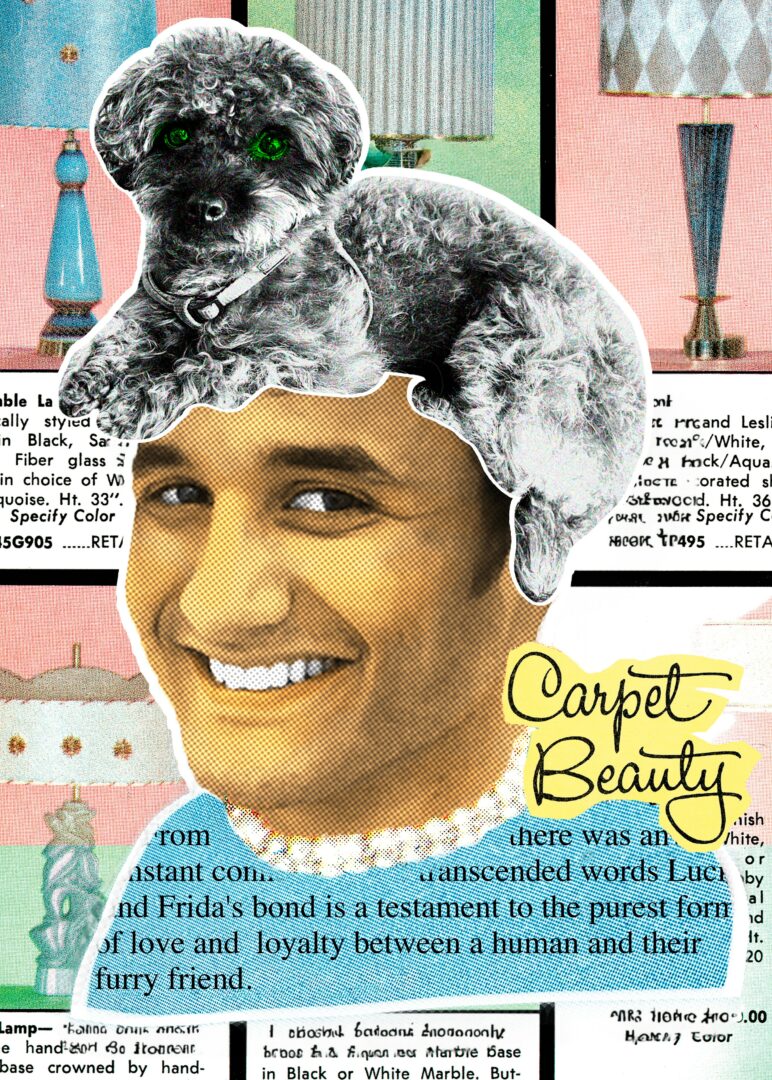
Appreciate the insights and wisdom. Before we dig deeper and ask you about the skills that matter and more, maybe you can tell our readers about yourself?
I have worked as a production assistant for the last 3.5 years in the art department for commercials, television shows, and feature films. As an art department employee, I deal with the set design for whatever project I am working on. It’s the job of the department as a whole to make sure everything looks how it’s supposed to. I have learned a lot about the film industry and have grown to love what goes into creating shows/movies. My most recent/notable projects have been working as the graphics assistant for the Bob Dylan biopic, “A Complete Unknown” and Adam Sandler’s return to golf in, “Happy Gilmore 2.” This spring, I will be applying to the United Scenics Artist Union for graphic design.
I have also had the opportunity to work on several short films. My roles in them have varied but being in the art department has been the common thread between each project. “Dream Girl” (2021) was my first short film of which I was the art director. I met the director of the film, Jeremy Max, through a mutual friend the week I moved to New York. Since then we have formed our own friendship and creative relationship. Jeremy ended up bringing me on as the production designer for his most recent project that we shot back in March 2024, “The Second Oldest Man Alive.” Shortly after that, I was hired as the graphic designer for another short, “The Temptation of Loneliness,” directed by Nabil Elbehri. Working on these shorts has been my favorite career experience. Despite the long days and the chaos that every film set will inevitably encounter (because chaos does not discriminate), when I get to be on set during filming I have never been more reassured in my decision to pursue this career path.
Aside from my day-to-day as a production assistant, I am always open to more extracurricular projects, whether that be designing graphics for a film, creating logos for teams or businesses, or designing art for posters and apparel. A lot of what I make is just for myself but creating and collaborating for/with others is where I find the most enjoyment. If anyone would like to inquire about my work, or to say hello, you can visit my website at: lucienaleman.com
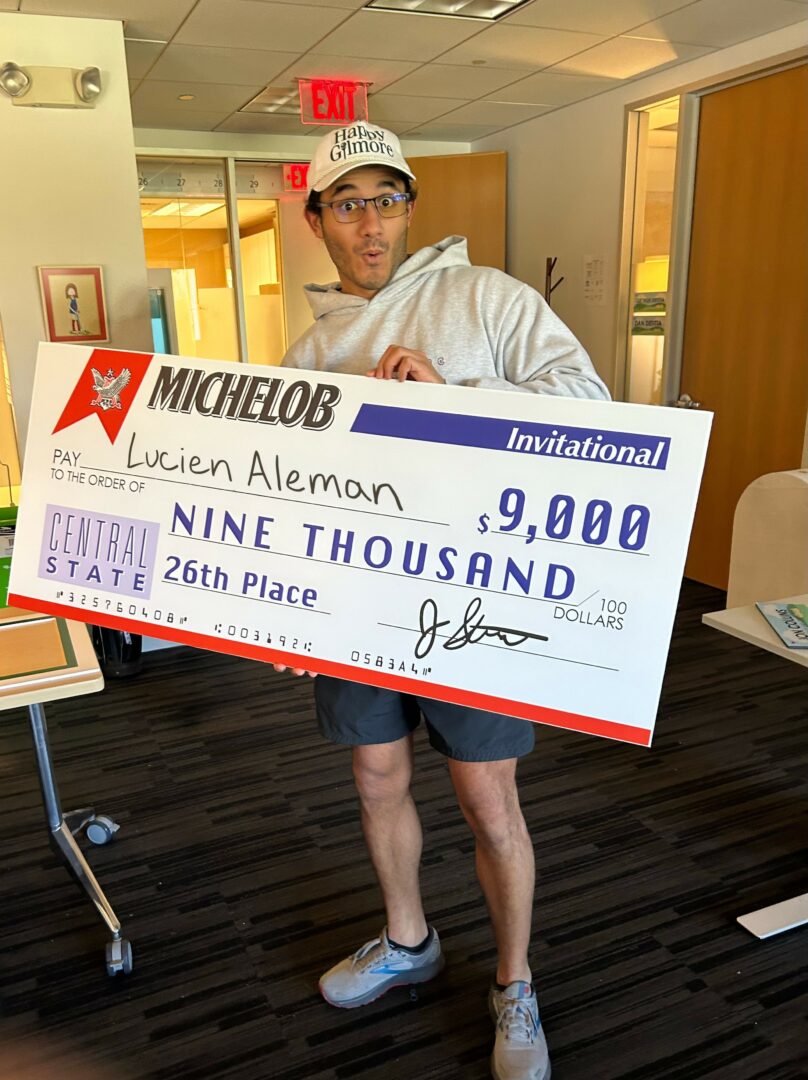
Looking back, what do you think were the three qualities, skills, or areas of knowledge that were most impactful in your journey? What advice do you have for folks who are early in their journey in terms of how they can best develop or improve on these?
The first quality I would argue was and continues to be most beneficial for me during my journey is being open to learning. In my industry, the best thing that you can do when starting from the bottom and trying to work your way up is to absorb as much knowledge from those around you as possible. Keep your ears open, ask questions, volunteer for projects. Whatever you can do to put yourself in a position to gain insight will be incredibly beneficial. In regards to being a PA, I am very fortunate to have had my aunt and uncle help me get my foot in the door, but being an employee who is eager and willing to learn has allowed me to establish many excellent connections; this has, in turn, kept me frequently employed in an industry that is not known for its job security.
The second quality I’d say is most important is being open to criticism. Especially for creatives, it can be incredibly hard to subject yourself to this kind of feedback and this is something I struggle with frequently. However, I have found that being able to accept criticism (if it is well-intentioned of course) is a necessary step for me to improve upon my work. Sharing a dialogue with someone that allows for constructive criticism means there is an open dialogue for collaboration. Collaboration can lead to the refinement of work, the evolution of ideas into something greater, or the start of a brand-new concept.
The third quality is persistence. This is not only a skill necessary for my creative career but my entire life, and I say skill purposefully because it is a quality I have had to develop over time. Failure is part of the process; it is something I have had to encounter before and I know I will encounter again. Failure is the easiest thing in the world, the hard part is to continue trying after the fact, but that is why it’s worth it in the end.
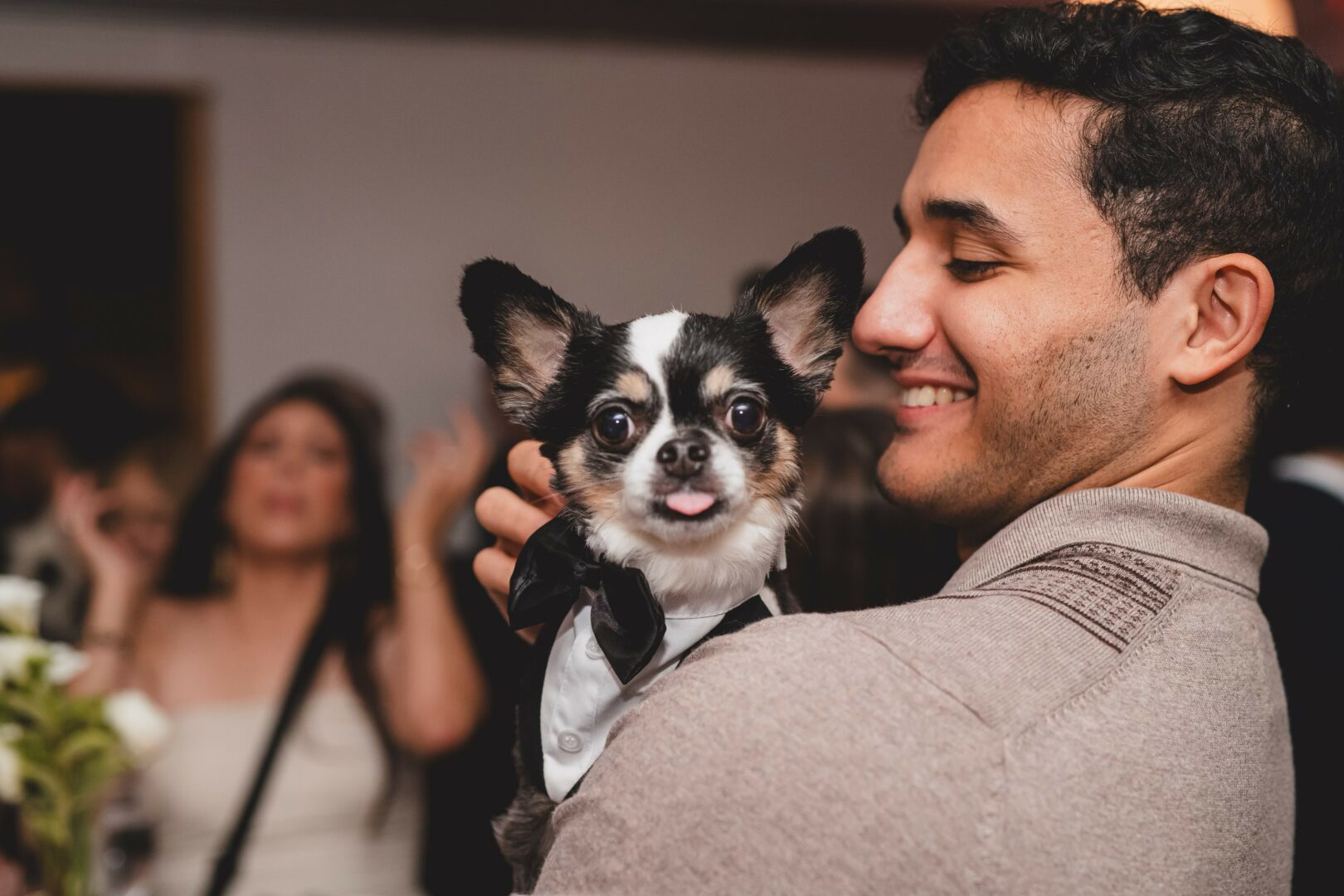
Alright so to wrap up, who deserves credit for helping you overcome challenges or build some of the essential skills you’ve needed?
My mother has been without a doubt the most helpful to me. She didn’t teach me how to draw, force me into music lessons, or show me how to use Adobe Suites. What she has always done is be unconditionally supportive. She is the voice I hear convincing me to have a positive outlook towards a not-so-positive situation. She is the person I can call at any time with good or bad news, in need of advice, or just to vent about a frustrating situation at work. She has always been in my corner as my number-one fan and critic. She has shown my brother and me, by example, how to be motivated hard-working individuals and we try our best to match her level. All of my responses during this interview are a product of what I have learned being Monique Aleman’s son and I can say with confidence that I would not be where I am today if it were not for her.
Contact Info:
- Website: https://lucienaleman.com
- Instagram: https://www.instagram.com/lucien.aleman/
- Linkedin: https://www.linkedin.com/in/lucien-aleman
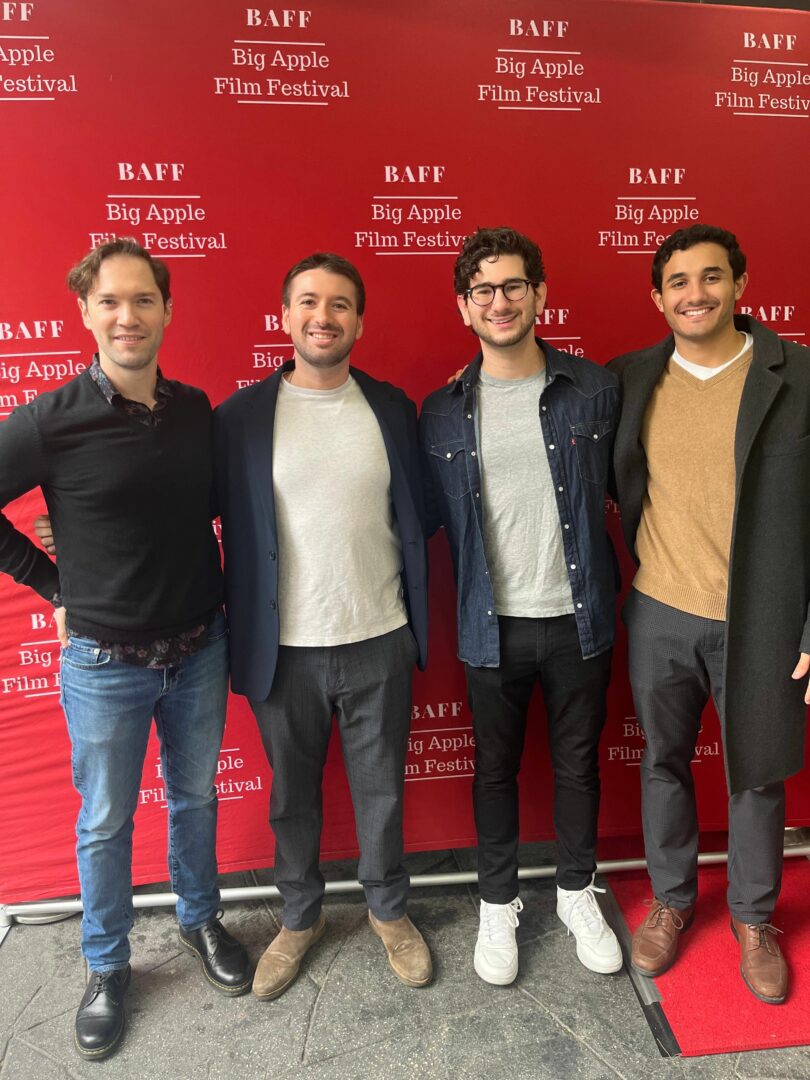
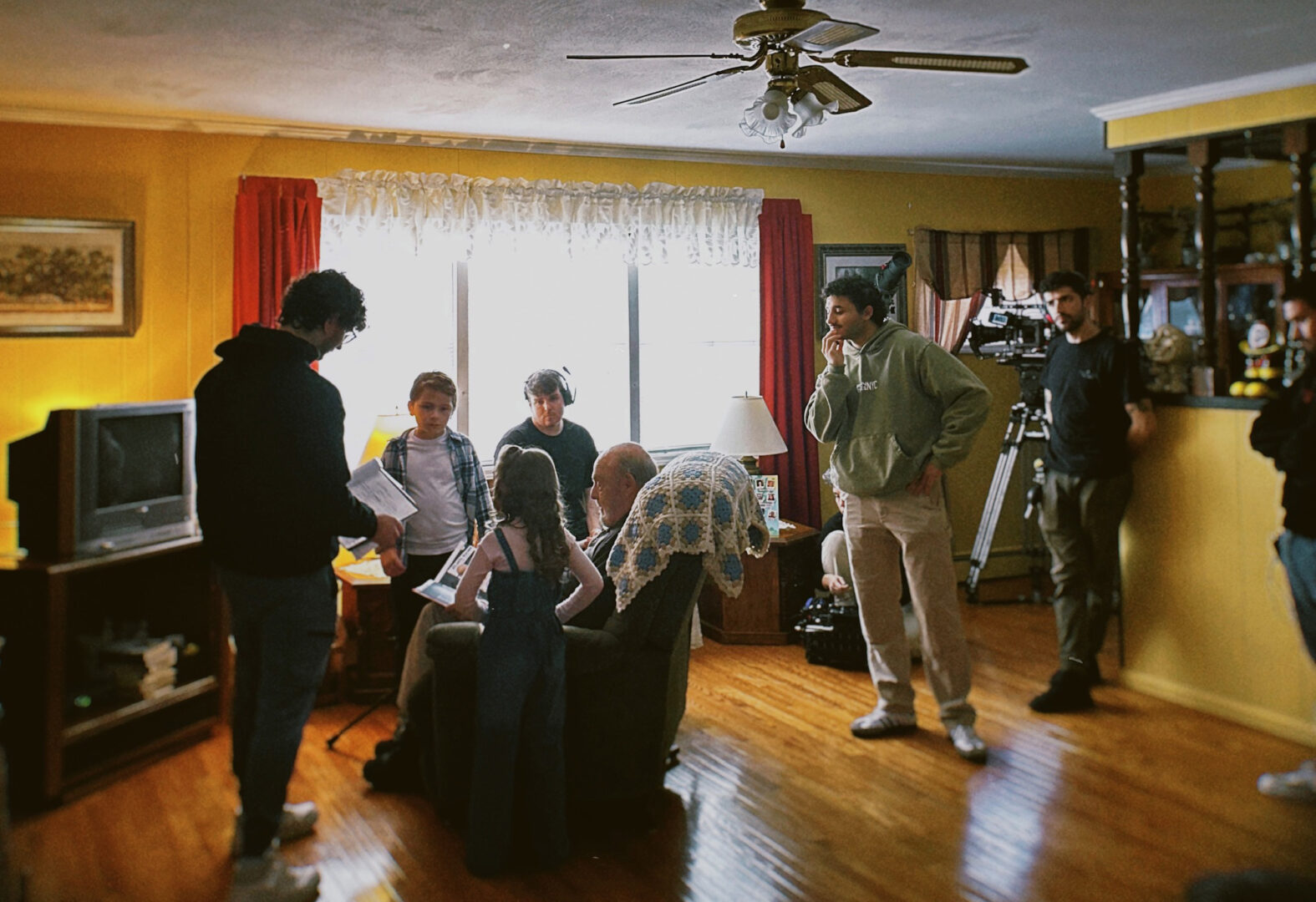
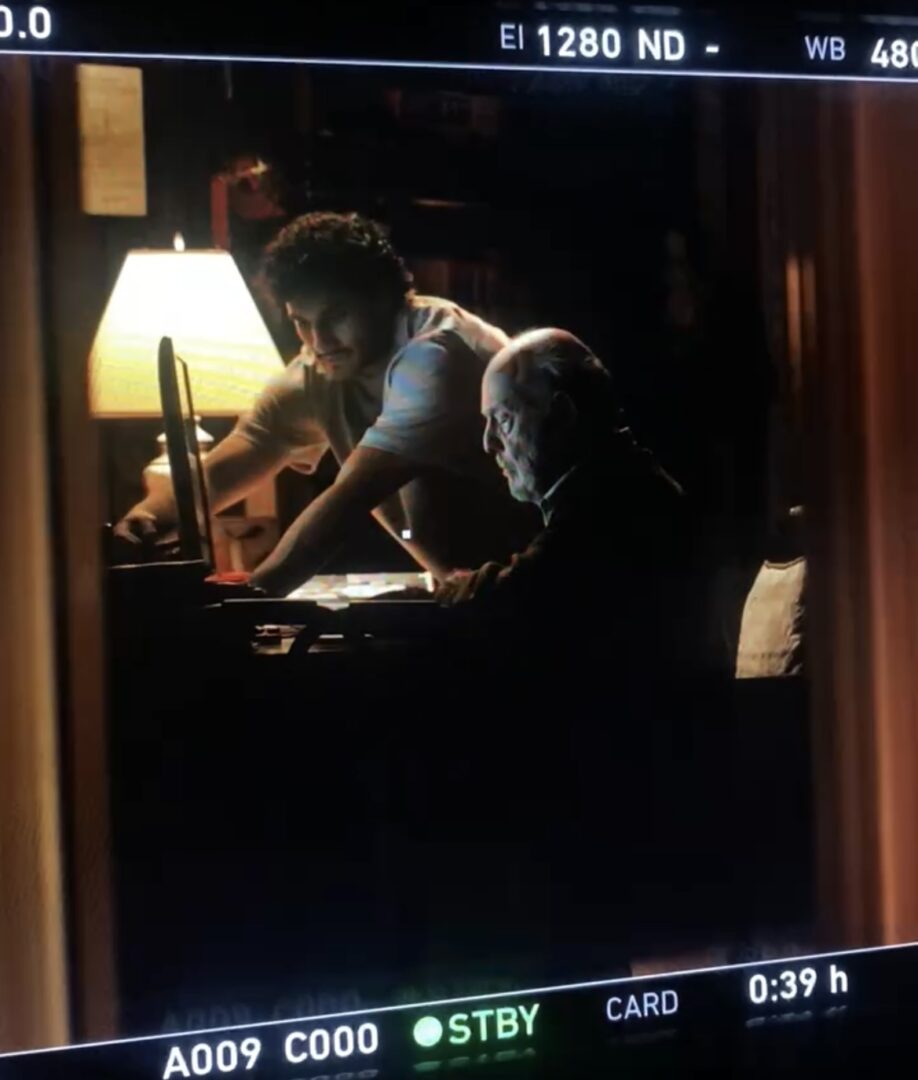
so if you or someone you know deserves recognition please let us know here.

